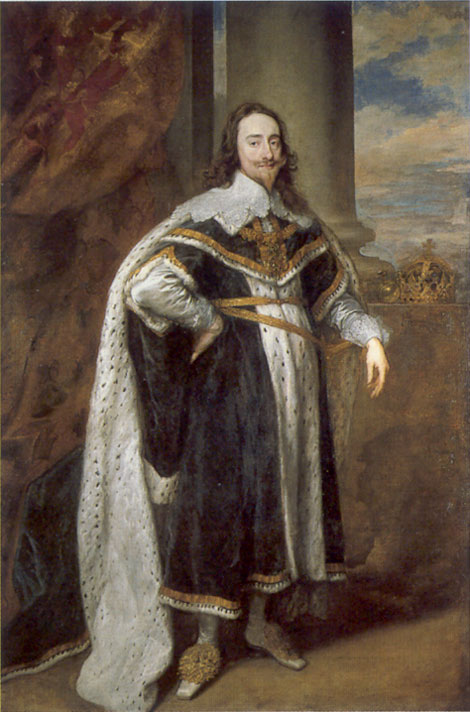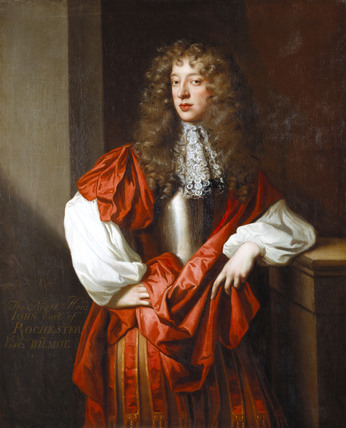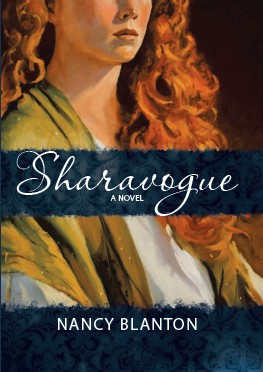How the 17th century rocks your world
/In reading last year's historical fiction reader survey by M.K. Tod, I was shocked to learn that the 17th century ranks 7th among time periods readers are most likely to choose. Shocked, I say! Because the 17th century is just so fascinating. In the words of J.P. Sommerville, University of Wisconsin history professor, the 17th century is "probably the most important century in the making of the modern world. It was during the 1600s that Galileo and Newton founded modern science; that Descartes began modern philosophy; that Hugo Grotius initiated international law; and that Thomas Hobbes and John Locke started modern political theory."
See what I mean? Just little things like these happened in the 17th century. But wait, there's more!

"The Dutch, French, Spanish, Portuguese, English, and others, all struggled to maintain and extend colonies and trading-posts in distant corners of the globe, with profound and permanent consequences for the whole world," Somerville wrote.
It was a time of tremendous turmoil and brilliant discovery:
- The little ice age was particularly cold, creating chaos and famine
- The Thirty Years War raged across Europe from 1618 to 1648
- England's bloody civil war defeated a monarchy
- Science trumped religion for the first time to influence society
- Agricultural and commercial changes paved the way for the Industrial Revolution
And there were sweeping changes that affect our lives even today:
Architecture. Inigo Jones (the Banqueting Hall) and Christopher Wren (St Paul's Cathedral) introduced magnificent architectural designs in London and throughout England that remain beautiful and influential.
Banking. In England, instead of depositing gold in the king's mint for safety -- where he might confiscate it (as Charles I did in 1640) -- London merchants deposited money with goldsmiths who gave them receipts and promised to pay on demand.
Food. People started eating with forks for the first time. England discovered bananas, pineapples, chocolate, coffee and tea.
Furniture. Chests of drawers became common, and Grandfather clocks popular, followed by a new arrival: the bookcase.
Medicine. Doctors learned how blood circulates around the body, and how to treat malaria with bark from the cinchona tree.
And of course, there were the scandals:
-

The murder of Buckingham
- The execution of Charles I
- The attempted assassination of Cromwell
- The numerous mistresses of King Charles II
- The indecent antics of the Earl of Rochester
Personally, I am digging deeply, fascinated by the greed, intrigue, rebellion, atrocities and resilience that took place in Ireland. Fascinating stories abound.
Yes, I am shocked that anyone might find another century more alluring. Not me.
 Embark on an adventure in Irish history -- 17th century, that is, with Sharavogue, and my upcoming novel, The Prince of Glencurragh. Available on amazon.com, barnesandnoble.com, and iBooks. Find out more at nancyblanton.com
Embark on an adventure in Irish history -- 17th century, that is, with Sharavogue, and my upcoming novel, The Prince of Glencurragh. Available on amazon.com, barnesandnoble.com, and iBooks. Find out more at nancyblanton.com



